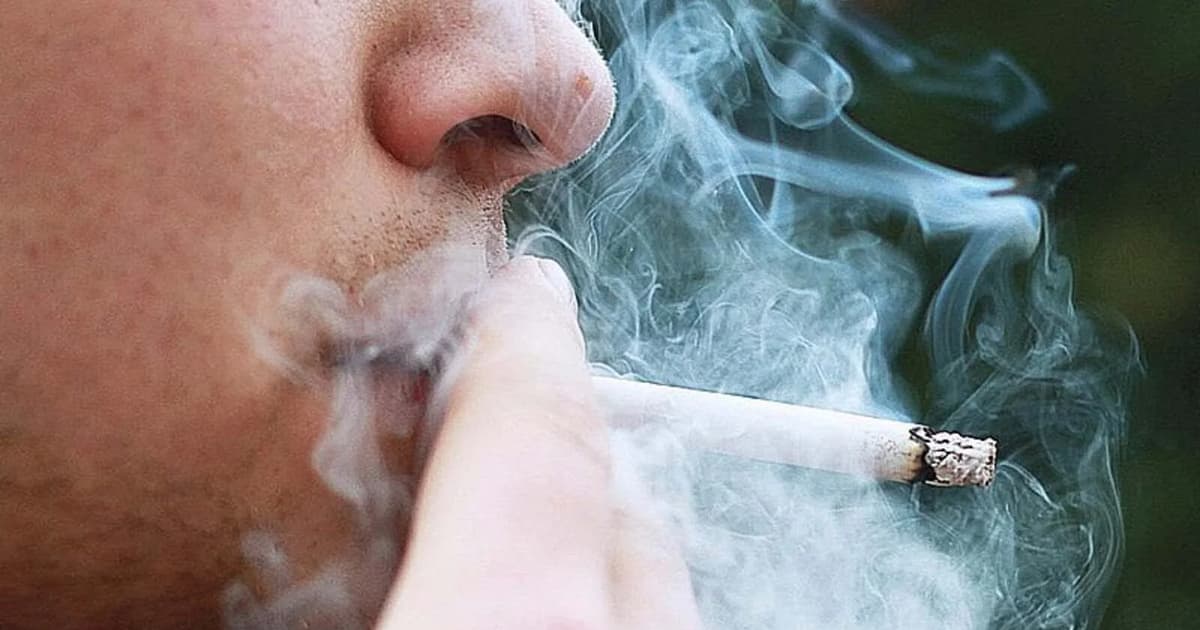
A health think tank today called for the excise duties on cigarettes and other tobacco products to be raised to at least RM0.77 per stick in the next federal budget.
Azrul Khalib, CEO of the Galen Centre for Health and Social Policy, said raising the excise tax would lift its share of the retail price to 61% and bring in an additional RM771.8 million in revenue.
“Malaysia spends an estimated RM16 billion annually treating smoking-related illnesses such as cardiovascular disease and lung cancer,” he said in a statement.
“For every RM1 collected from tobacco excise duties, RM4 is spent on treating smoking-related diseases. We do not yet know how much will be spent on treating vape-related diseases.”
Malaysia’s tobacco tax currently accounts for 58.6% of retail prices, below the World Health Organization’s recommendation of 75%.
The excise rate has not been raised since September 2014, when it was increased from 28 sen to 40 sen per stick.
Prime Minister Anwar Ibrahim has indicated that the government is considering a hike.
When announcing the 13th Malaysia Plan, he said the government would broaden its “pro-health” tax beyond sugary products to cover tobacco, vapes and alcohol as well.
He said the expanded tax framework aimed not only to increase revenue, but more critically, to encourage behavioural change and curb the rising prevalence of non-communicable diseases.
Separately, Azrul said the ban on the open display of cigarettes, vape and e-cigarettes under the Control of Smoking Products for Public Health Act 2024 also needed to be carried out.
He said enforcement had been delayed from April to October, allowing continued open sales.
“Experience from countries such as Singapore, Saudi Arabia and Australia with the display ban in place has shown that it works to reduce smoking initiation, which is common during adolescence,” he said.






